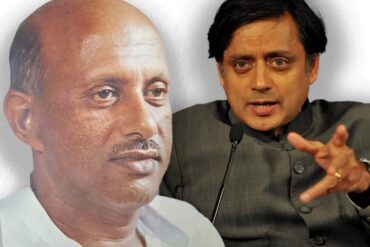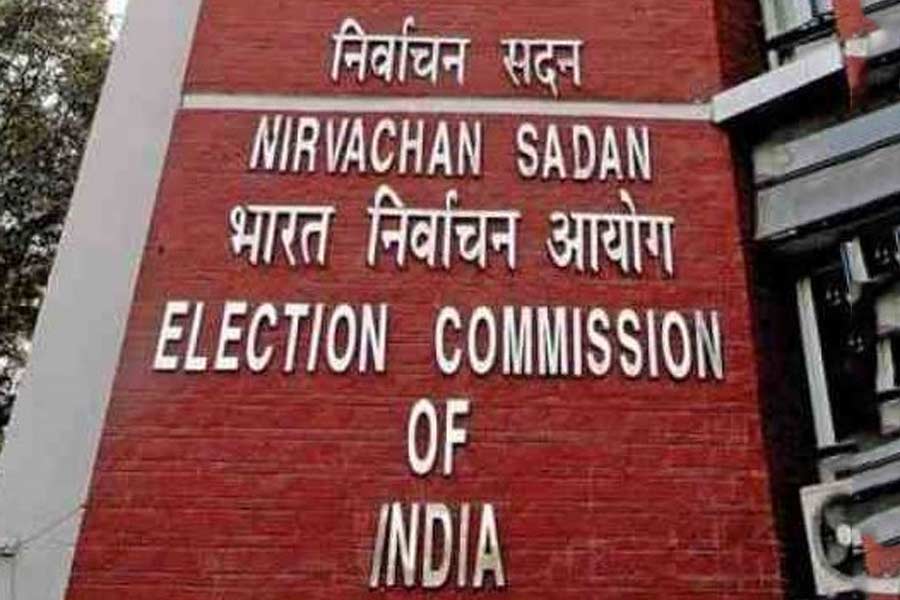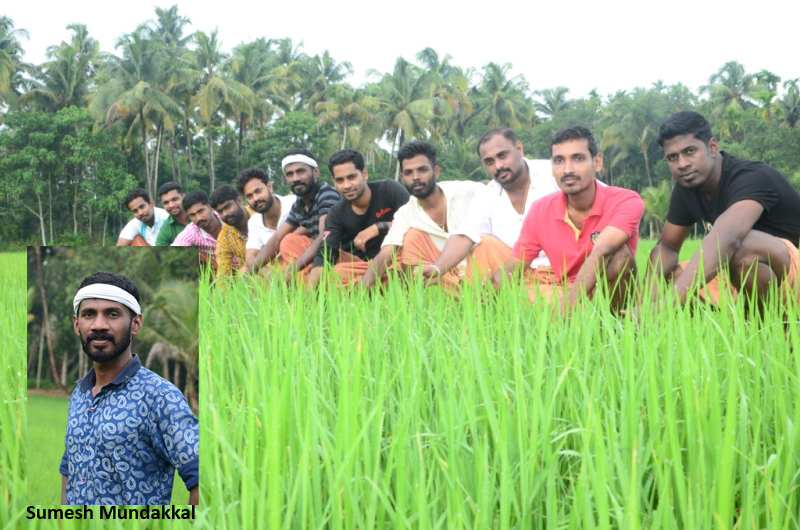The Indian general elections to constitute the 17th Lok Sabha are being held in seven phases, from April 11 to May 19. The Election Commission of India, which is conducting the election, is however facing serious criticism after allegations surfaced about the august body not taking appropriate action against repeated violation of the Model Code of Conduct by Prime Minister Narendra Modi and many members of his party.
It is not just the opposition parties and civil society groups who have been complaining about this, 66 Armed Forces veterans have written to the President of India expressing their serious concern about the Commission’s independence and credibility. It’s disheartening that the Election Commission of India, which has for decades been lauded internationally for conducting elections justly and smoothly in such a vast country like India, is facing severe criticism on its home turf now.
On the issue of Electronic Voting Machines (EVM), the Commission and the Opposition parties have been at logger heads for some months now. In spite of serious doubts being raised about the efficacy of these machines and complaints surfacing about alleged tampering of EVMs in favor of the ruling party, the Election Commission has not been proactive in addressing the issue. On this sensitive issue, the Commission has been giving all indications of being a close ally of the party in power and not as an independent non-partisan agency. Its opposition to the counting of at least 50 per cent of the Voter Verified Paper Trail (VVPAT) slips and the inexplicable delay in taking a decision on this sensitive matter has thrown up serious questions about the Commission’s intentions and integrity.
It’s in this backdrop, and taking the present Chief Election Commissioner’s previous record into consideration, people have questioned the credentials of the CEC to be a non-partisan and independent player. Sunil Arora, the Chief Election Commissioner, has previously served as the Secretary and the Principal Secretary of two BJP Chief Ministers of Rajasthan.
Even before the elections were declared on March 10, the Election Commission was accused of being partial towards the Prime Minister and his party. The unusual delay in announcing the election dates was allegedly done to facilitate Prime Minister Modi to conduct as many election rallies as possible under the pretext of government functions, to use government funds for political advertisements and to declare a number of pre-poll sops before the Model of Code of Conduct (MCC) set in.
Even after the elections were announced, the Commission didn’t take Prime Minister Modi to task for addressing the nation on a not-so-significant security matter like India’s success in the A-SAT test. Modi and BJP president Amit Shah have been repeatedly using election rallies to reap electoral benefits by dividing the country in the name of religion, and by politicizing the Army, but the Election Commission has been looking the other way. The Chief Minister of Uttar Pradesh, Yogi Adityanath, has even gone on record saying that the Indian Armed Forces was Modi’s armed forces, but the Election Commission, instead of taking strong action, has only reprimanded him mildly.
The Election Commission has also been accused of unnecessarily delaying the process of taking action against the launch of a propaganda TV channel, NaMo TV, and stopping the release of Modi’s biopic, PM Narendra Modi. The EC was accused of several other misdemeanors like transferring the Kolkata Police Commissioner and senior police officers in Andhra Pradesh even as it failed to take any action against the police chief of Tamil Nadu in spite of there being serious allegations and CBI investigations against him.
For the last seven decades, the Indian democracy has been working hard to create an open and vibrant social space. With the help of a relatively free media, public institutions in the country were being subjected to public scrutiny. It is true that the quality of public institutions in India has not improved as we would have liked them to. However, in the last few decades, particularly after the breakdown of the one-party domination in the Centre, certain key institutions, particularly the Presidency, the Supreme Court, the Reserve Bank of India and the Election Commission had become effective and assertive.
But since the present government under Narendra Modi assumed power, the independence and integrity of all these key institutions have come under serious stress. And at this point of time when the country is witnessing a bitterly fought election, the rapid deterioration of the credibility of the Election Commission, one of India’s most cherished institutions, is a matter of serious concern for the future health of the Indian democracy.
A report by the Global Commission on Elections, Democracy and Security (https://www.idea.int/publications/catalogue/deepening-democracy-strategy-improving-integrity-elections-worldwide) that came out in September 2012, emphasizes the importance of the electoral process being conducted with integrity as it is critical to democracy’s ability to resolve societal and political conflicts peacefully. Recent years have seen elections being manipulated by authoritarian leaders around the world to attain democratic legitimacy. They often rig elections in multiple ways using illegally-earned money and by controlling the media. Such fraudulent elections have undermined the whole exercise, leading people to lose faith in democracy and the political process.
To overcome this crisis of integrity, the Global Commission has strongly recommended that “elections be conducted competently in a professional, non-partisan and transparent manner.” Elections need to be managed by independent and professional electoral management bodies “for ensuring that they are both technically credible and perceived to be free, fair, and credible” to gain voters’ confidence.
At this juncture, with Indian democracy in retreat with civil and political rights in the country being imperiled, (https://freedomhouse.org/report/freedom-world/freedom-world-2019/democracy-in-retreat), the importance of a credible electoral process has never been more important as now than ever before. India’s Election Commission, which has for decades been looked up to as a beacon of hope and inspiration by developing democracies all over the world, has now not only failed to withstand the pressure from the regime but also seems to have become its willing ally in endangering the integrity of the on-going electoral process. And the compromised nature of the Election Commission has been making it possible for Prime Minister Modi and his party to continue to abuse and disregard the Model Code of Conduct, and in the process, seriously endanger the future of India’s hard earned democracy.
(The views expressed are his own and The Kochi Post bears no responsibility)







